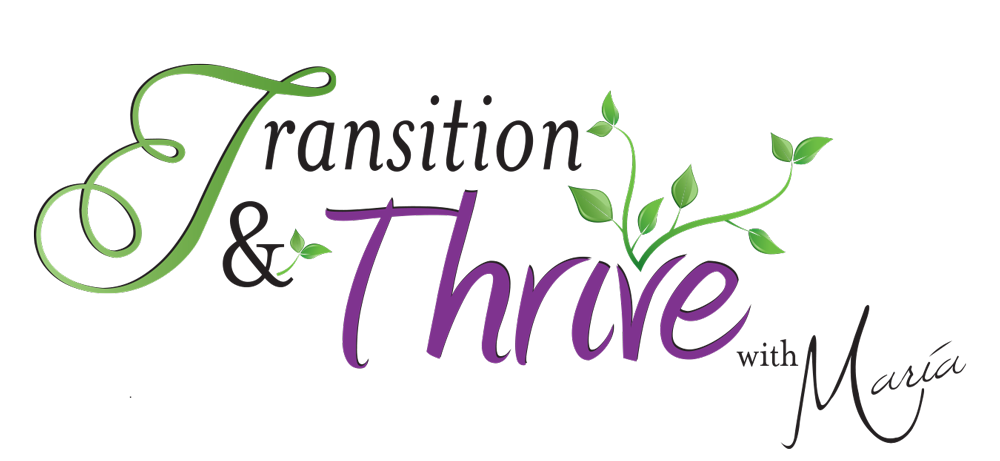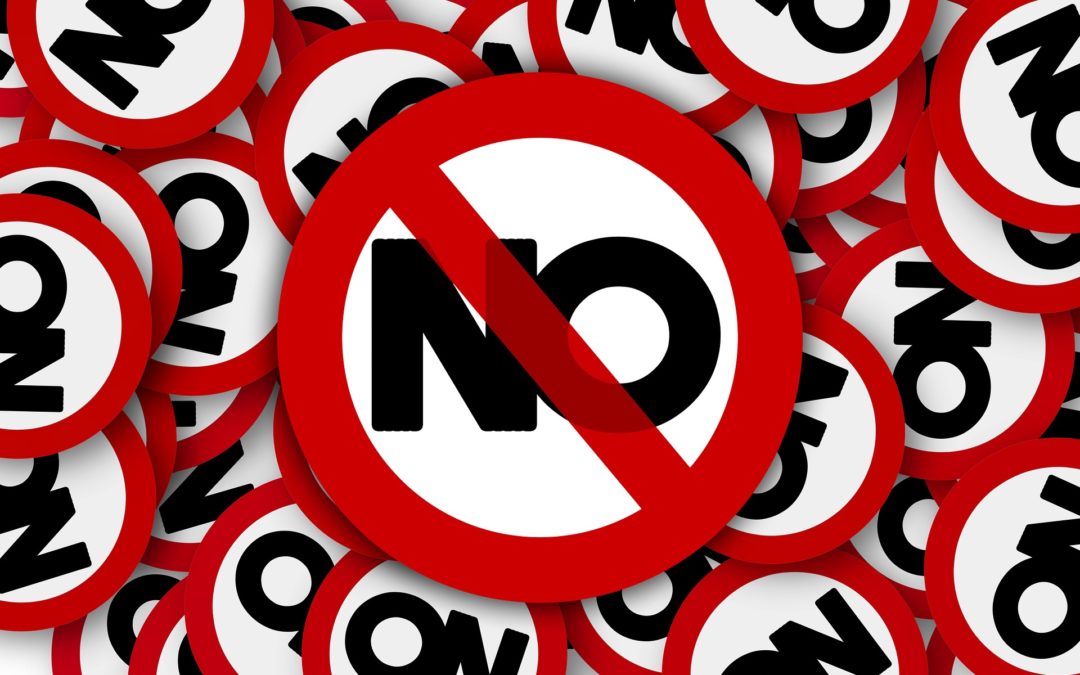UGH! Rejection! Nobody escapes it. And, overcoming rejection isn’t always easy.
For most people, it’s a part of life, including mine. Let me count the ways rejection has shown up for me (and these are just a few):
- never getting the lead role in my high school musicals;
- hearing from a professor that I am a terrible writer as he trashed my short story;
- missing out on that prized promotion, for which I thought I was the most qualified;
- and the ultimate rejection was when my husband told me he didn’t want to be married to me anymore.
Who rejected you? What did it feel like? How have you overcome it?
Here’s what I have learned about rejection: it is rarely, if ever, about you! Even when my husband rejected me, I became aware over time that it was more about him than it was about me. I must say, I felt relieved to understand that, finally.
When rejection happens, you might first hear those inner voices yelling at you, What a loser! You’re not good enough! Nobody wants you! I know that to be true because I heard them, too.
As it is for so many situations in life, the key to overcoming rejection lies in your decision about how to respond.
The Emotional Ride
Most of us want to feel:
- needed
- loved
- accepted
- heard
- a part of something bigger
- worthy of all of the above
When someone rejects you, feelings of inadequacy, shame and that something is wrong with you may pop up. Left unchecked and allowed to prevail, these feelings can lead you down the road to depression. Now that’s a rut that can be difficult to maneuver out of.
Acknowledging the emotions that rise up as you work to overcome rejection, can reduce the power the rejection itself has over you. The more you replay the story, the stronger its hold. Consequently, you stay mired in the muck.
Changing your attitude and surrounding yourself with positive, supportive people can shed some light in an otherwise dark place.
Overcoming Rejection Takes Perspective
What if you change the way you look at rejection? Rather than think of it as a statement of your value, or lack thereof, think of it as someone’s perception of your value. That makes it their reality—not yours.
Have you ever walked into someone else’s home and wondered how they could live there? They love ultra-modern and you love warm and cozy. Just because you reject the décor as something you don’t like, doesn’t mean it is in bad taste. It is what it is, and everyone has a right to own their perspective of what is.
It’s the same way with what people share about their experience with you. They may like you; they may like the work you do, or they may not. A slight shift in the way you think will make the difference in how you interpret the rejection.
Put Rejection into Perspective
Of all the people you’ve met and all the things you have participated in over all the years you’ve walked this earth, how many times have you been rejected—really rejected?
If you were to think of this as a math equation, your percentage of rejection is likely to be exceptionally low. By that I mean, probably much less than one percent.
With that in mind, how might you think about rejection differently?
Rejection Builds Resilience
What if you experienced rejection in a new way? One way to imagine this is to think about all the times someone rejected you as times you took a bigger risk than usual.
For instance, you stepped outside your comfort zone and applied for a position within your company for which you were not yet qualified. Regardless, you decided to gamble and hope the hiring manager would take a chance on you and agree to train you in the areas you were less experienced. You didn’t get the job.
It was a risk, and during the process, you learned what you need to do, so the next time a similar position becomes available you will be more prepared. If you allow it, the experience of trying something and losing out on the opportunity can build your resilience. So, the next time you need to overcome rejection, you’ll be ready for the emotional roller coaster, and have tools to help you get off that ride sooner.
Here’s another example from a guest on my podcast, Tips for the Transition. Facing one rejection is hard enough. What would you do if you faced 80 rejections? My guest, Carrie Severson, did just that. Listen to how she recovered and found a different solution to make her dream come true in Dare to Dream a New Dream.
After a few rejections in your life and career, you learn how to bounce back more quickly and easily. You learn what is true for you, and what is not. As you face new challenges and get better at overcoming rejections, you gain wisdom and a better understanding of what makes you stronger. In turn, it creates new energy to drive you forward. You come full circle and build resilience in the process.
With Rejection Comes Growth
Not only do you build resilience by overcoming rejection; you also grow from the experience. What did you learn? How can you become the objective observer of the situation and find new approaches to improve?
After one of my early career rejections, I realized I would benefit from taking some personal development courses and leadership training. The results paid off and I was able to land the next promotion with relative ease.
How can you make rejection work in your favor?
Treat Yourself with Respect and Compassion
Has this ever happened to you? After feeling rejected, have you second-guessed yourself? Does self-doubt rear its ugly head and you wonder about your ability to make good decisions? Beating yourself up will only give the rejection power.
Instead, you can dust yourself off, choose to do something proactive to avoid the same situation in the future, and treat yourself with respect and compassion.
When others see you coming from this place, they will treat you in the same way. Set the example for how you want to be seen and heard and others will mirror that back.
The bottom line is rejection sucks—it is never a pleasant experience. But, when you step back and observe objectively, you can learn from it. Then, take active steps to improve yourself, and build resilience to it going forward. Following that formula, you will find hope that the next time it happens, you will be able to take it in stride, hold your head high and meet rejection with a positive attitude that will spur you on to do great things.
If you are living with self-doubt and struggle with overcoming rejection, you may not like yourself much or even know who you are anymore. Making choices to move beyond self-doubt can be hard and getting some guidance may be just what you need. Let’s have a chat and talk about how to get you to the other side so you can live a life you love, and it will love you back. Request your chat with María.

